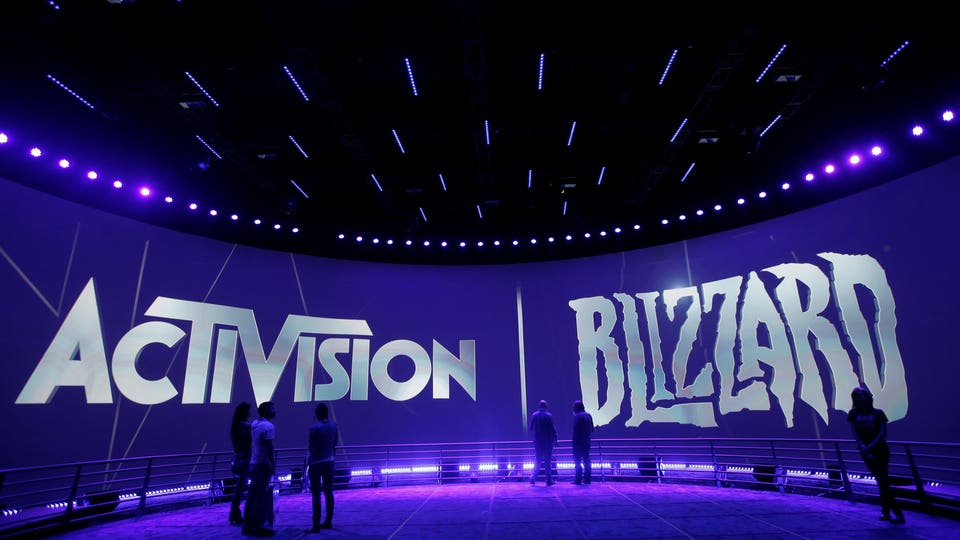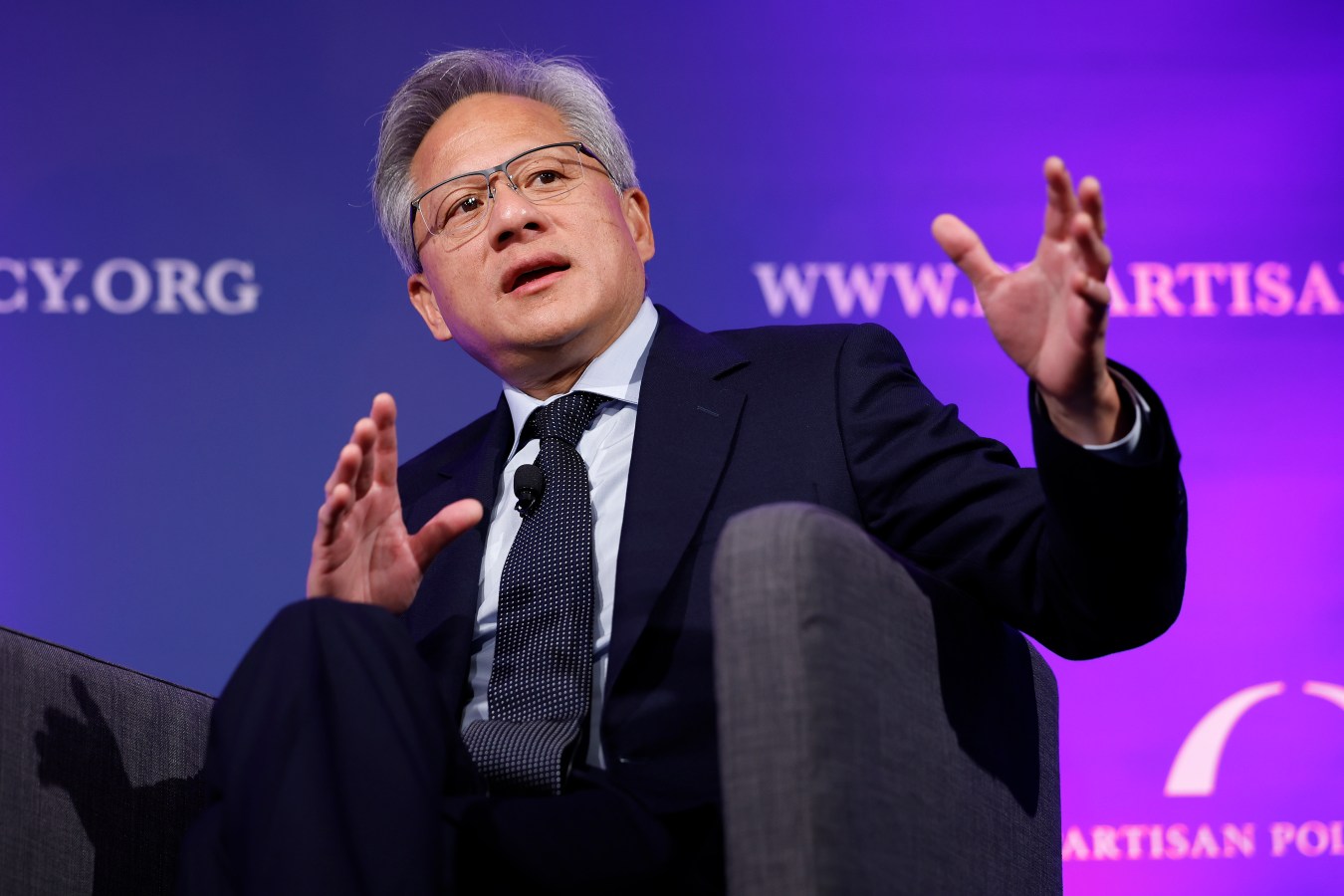The US Federal Trade Commission sued Microsoft on Monday in an effort to stop the company from closing its almost $70 billion purchase of Activision Blizzard—in what would be the largest acquisition in the history of the video game industry—out of concern that Microsoft may close the deal abroad before a legal case can play out stateside.

Key facts
This is the second time the FTC is suing Microsoft about its potential purchase of Activision, as FTC commissioners voted in December to sue over antitrust laws using an in-house court, which lacks the power to issue a restraining order to stop the purchase, leading to the second lawsuit.
Now, the FTC is after both a temporary restraining order and a preliminary injunction out of concern that “Microsoft and Activision have represented that they may consummate” the acquisition before the internal court issues a ruling; a restraining order would pause the sale while the court decides if it wants to grant an injunction, and an injunction would pause the sale until the court determines the outcome of the FTC’s internal suit.
Microsoft and Activison have faced similar antitrust suits in the United Kingdom and European Union, but the European Union gave the green light as Microsoft agreed to “fully address” regulators’ concerns over competition; a British regulator rejectedMicrosoft and the appeal is ongoing.
In a statement to Forbes US, an FTC spokesperson said Microsoft and Activision “have not provided assurances” they won’t close their deal while antitrust reviews are ongoing in other jurisdictions.
Because of that “and public reporting that Microsoft and Activision Blizzard are considering closing their deal imminently,” the FTC filed to prevent them from closing.
President of Microsoft Brad Smith said the company welcomes the “opportunity to present our case in federal court,” in a statement to Forbes US.
BIG NUMBER
$68.7 billion USD. That’s how much Microsoft is planning to acquire Activision Blizzard for.
KEY BACKGROUND
Microsoft announced the deal with Activision—which would be its largest acquisition ever—early last year, though it immediately raised concerns from competitors, including Sony, that said it feared the merger would keep PlayStation users from playing Activision games. Microsoft then offered Sony a 10-year deal to make Activision’s Call of Duty releases available at the same time on both consoles.
But regulators still raised concerns. Britain’s regulatory body argued the acquisition would “risk undermining the innovation” of cloud-gaming—the option of playing popular video games online without having to purchase expensive consoles—by not allowing gamers that option for games made by Activision, which could “alter the future of the fast-growing cloud gaming market.” Beyond that, the FTC has expressed concern that if the acquisition were to go through, there would be significantly less competition in the video game industry.
TANGENT
The Biden Administration has made enforcement of antitrust laws a top priority. In 2021, he signed a sweeping executive order encouraging government agencies to “enforce the antitrust laws to combat the excessive concentration of industry.” Last year, Bloomberg reported antitrust agencies filed complaints against 13 transactions compared to the usual average of six per year. Recently, the Biden Administration sued to block JetBlue Airways’ $3.8 billion purchase of Spirit Airlines out of concern the merger would reduce competition and increase air fares.
The administration also ended a partnership between JetBlue and American Airlines, which formed the Northeast Alliance with the authorization of the Department of Transportation under the Trump Administration in 2020 to “increase competition” and “overcome the insurmountable obstacles” by other airlines in the region. A federal judge rejected the partnership last month, ruling the arrangement actually “suppressed competition.”
FURTHER READING
FTC will try to block Microsoft’s acquisition of Activision Blizzard (CNBC)
FTC Said to Plan to Sue to Stop Microsoft’s Activision Deal From Closing (New York Times)


